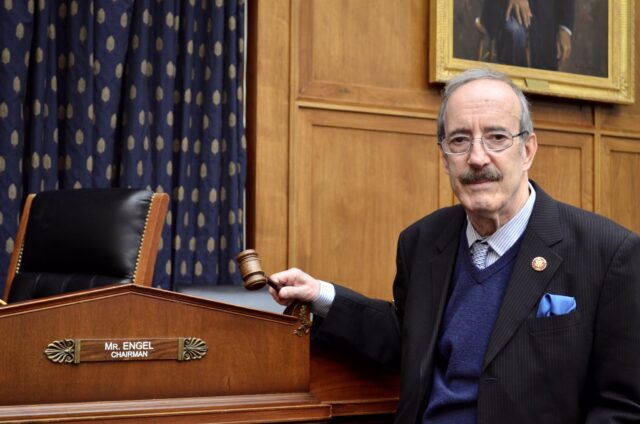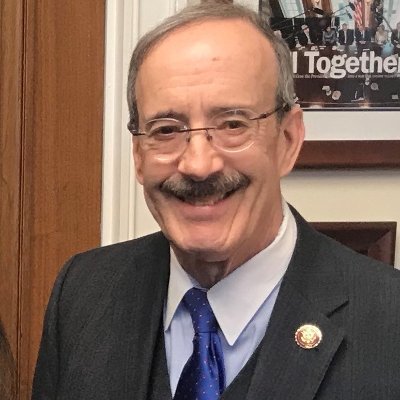Washington’s desire for Balkan stability has overtaken its support for democracy, the rule of law, and anti-corruption.
By Eliot L. Engel, the former chairman of the Committee on Foreign Affairs in the U.S. House of Representatives.
…
Within the past year, Kosovo has sought to carry out the normal functions of government within its borders only to be faced with condemnation and even punishment by the United States. When Kosovo tried to have all of its citizens, including ethnic Serbs in the north, use its license plates rather than those of Serbia, the State Department firmly criticized Kosovo. When Kosovo sought to have duly elected mayors, who happened to be ethnic Albanian because ethnic Serbs boycotted the vote, begin work in their northern Kosovo offices—a basic and normal function of a democratic government—U.S. Secretary of State Antony Blinken “strongly condemned” the young republic and slapped punishments on the country.
Did Washington condemn Serbian President Aleksandar Vucic for pressuring Kosovo Serbs to boycott the election? No. Did it condemn the small group of Serbs who attacked NATO’s Kosovo Force, wounding 30 peacekeepers? Barely—it condemned the violence but did not call out the attackers. Did it condemn Serbia for stoking ethnic Serb citizens of northern Kosovo to aggressively reject using license plates of the country where they live? No. Has it condemned Serbia’s actions against ethnic Albanians in south Serbia, which, according to the Helsinki Committee for Human Rights in Serbia, amount to “ethnic cleansing through administrative means”? Again, barely, if at all.
I have reluctantly reached the conclusion that in the dispute between Kosovo and Serbia, Washington has been appeasing a semi-autocratic bully—Vucic—and has become a bit of a bully itself, pushing around and intimidating the smaller, more vulnerable Kosovo. It’s behavior that’s beneath the United States, and it’s time to reset the approach.
…

